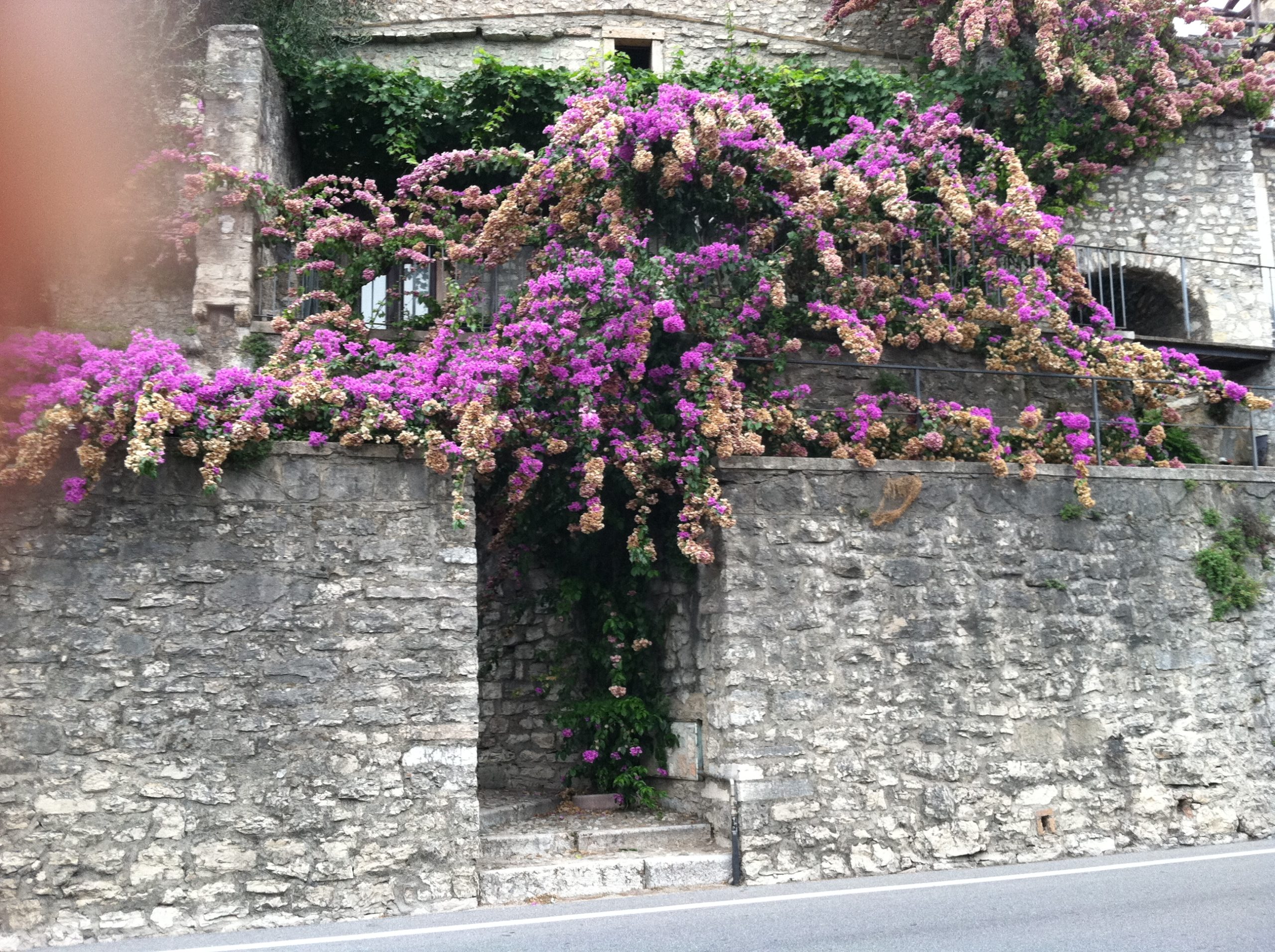Three Potawatomi Songs (2011)
-
Instrumentation
-
Program Notes
For SATB choir 12 mins.
Composing has always been about some sort of inner journey for me. I am overtaken by inspiration and soon, a quest to realize my music vision is underway. A dim light on the horizon is often my only guide. But with a strong feeling in my heart, I soon find my way to creating a musical composition that communicates what I have felt and seen. I expected that I would take a similar journey when I set the three Potawatomi prayers, We All Move, Now I Raise My Hands, and, We All Move, for chorus. The text, a Potawatomi prayer, is a joyous celebration of harmony with all creatures and creations from the Chant of the Man Bundle that declares that “we are all singing and dancing in thanksgiving that we have lived so long.” Indeed, I was taken by the directness of the prayer that comes straight from the heart and, in a way, the piece simply celebrates the joy of singing and being alive. I was also inspired by the natural sonorities of the wind and water that are suggested in the words. So, making the voices cascade and roar and imitating the drumming and rhythmic dancing was my highest choice. I was also reminded of the spiritual power of ritual music-making and how it can lead to revelatory states and so the middle and end of the piece employ carefully tuned harmonies that draw a special inner tension from the voices as they remind us that the “Great Spirit will help us while we are singing in this world”. For the Potawatomi, all beings are persons, and elders of the tribe advise to go and spend time with the Standing People, the Beaver people, and even the Rock people. Their different perspectives will remind us that humans don't have to figure out everything by themselves-that there are teachers all around them.
I want to thank and acknowledge, Kathleen Tigerman, who edited Wisconsin Indian Literature, Anthology of Native Voices, published by The University of Wisconsin Press, for her kink permission to use the translation of these chants as the text for these choral pieces.
